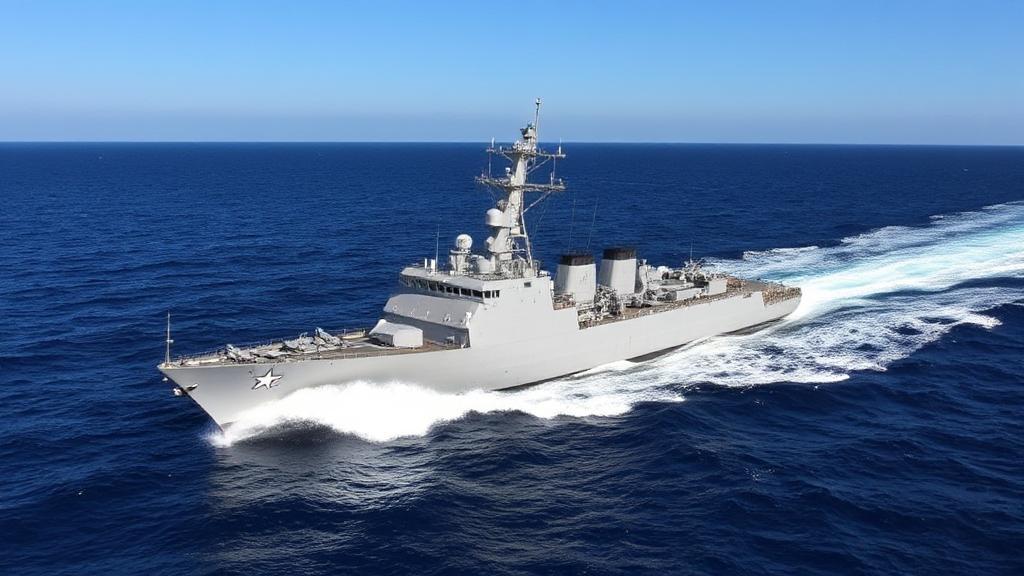Core Responsibilities and Maritime Defense
The Navy plays a crucial role in maintaining the security and stability of a nation. As one of the primary branches of a country's armed forces, the Navy is tasked with defending national interests at sea through:
- Protecting territorial waters and maritime borders
- Maintaining freedom of navigation in international waters
- Deterring potential adversaries
- Responding to maritime threats and aggression
Maritime Security Operations
The Navy is instrumental in maintaining maritime security through:
- Counter-piracy operations: Combating piracy in regions such as:
- The Horn of Africa
- The Gulf of Aden
- The Strait of Malacca
- Counter-terrorism efforts: Preventing and responding to terrorist activities at sea
- Drug interdiction: Collaborating with other agencies to intercept illegal drug trafficking
Strategic Roles
Power Projection
The Navy projects power globally through:
- Carrier strike groups: Deploying aircraft carriers and their accompanying vessels
- Amphibious operations: Conducting operations involving landing forces on hostile shores
- Submarine warfare: Utilizing submarines for stealth operations and deterrence
Strategic Deterrence
One of the Navy's most critical responsibilities is maintaining the sea-based leg of the nuclear triad through submarine-launched ballistic missile (SLBM) forces, operated by the Strategic Systems Programs.
Humanitarian and Diplomatic Functions
Humanitarian Assistance and Disaster Relief (HADR)
Naval forces provide crucial support through:
- Disaster response and relief
- Medical assistance and evacuation services
- Logistical support and supply transport
- Search and rescue missions
Diplomatic Engagement
The Navy serves as an instrument of diplomacy by:
- Conducting port visits to build international relationships
- Participating in joint exercises with allied nations
- Supporting and enforcing international treaties
- Facilitating military-to-military exchanges
Scientific and Environmental Responsibilities
Research and Innovation
The Navy contributes to scientific advancement through:
Environmental Stewardship
As stewards of the sea, the Navy commits to:
- Protecting marine life and ecosystems
- Implementing pollution control measures
- Reducing emissions and waste
- Adapting to climate change impacts
- Environmental compliance programs
Special Operations and Training
Special Operations Forces
The Navy SEALs and other special operations units conduct:
- Direct action missions
- Special reconnaissance
- Counter-terrorism operations
- Foreign internal defense
Training and Readiness
"The more you sweat in training, the less you bleed in combat." - Navy SEAL motto
The Navy maintains constant readiness through regular training exercises, equipment maintenance, and professional development programs.
Future Challenges
The Navy continues to evolve to meet emerging challenges, including:
- Cyber warfare capabilities
- Unmanned systems integration
- Arctic operations
- Space domain awareness
For more detailed information on naval operations and initiatives, visit the U.S. Navy's official website or explore resources from the Royal Navy.
